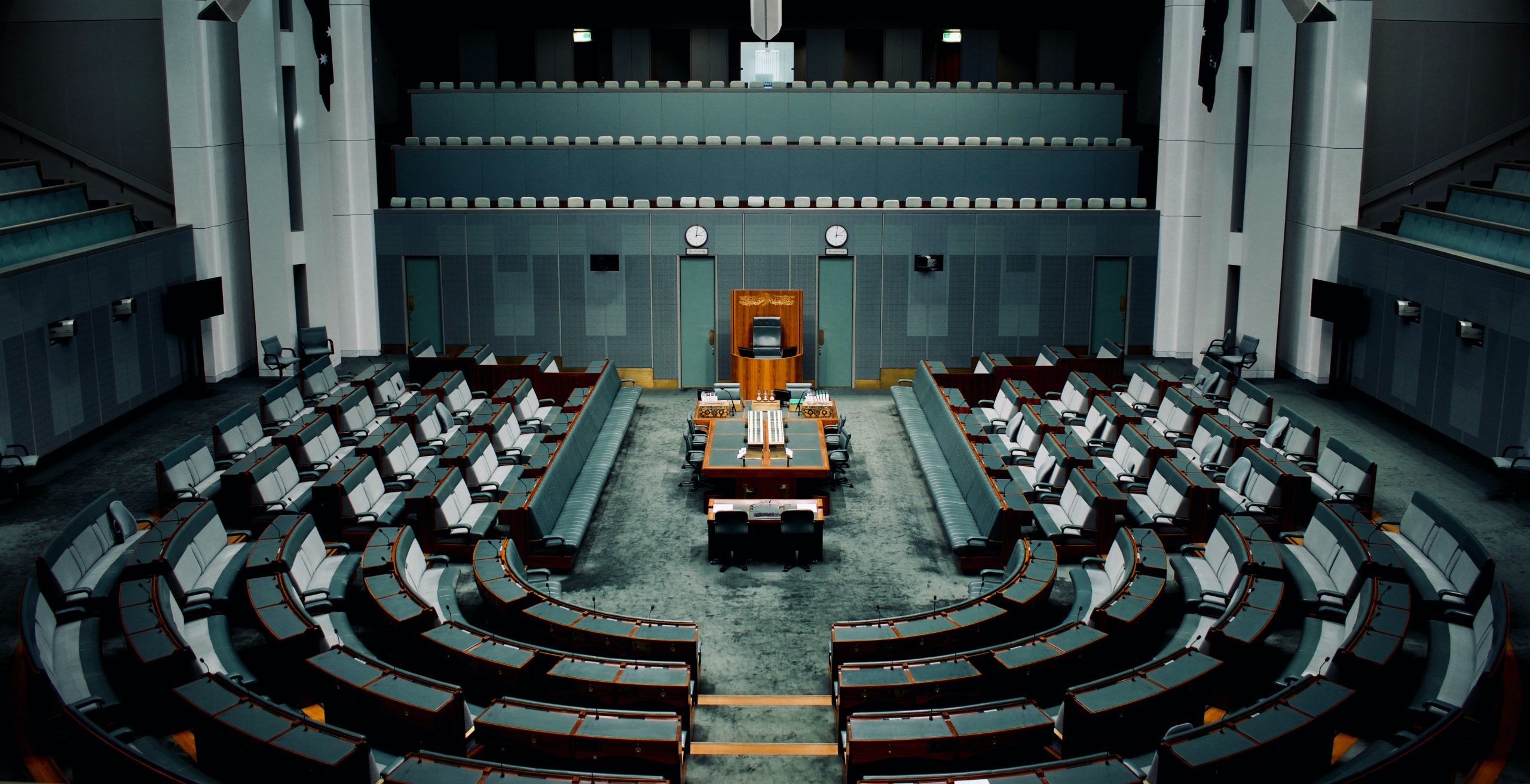- 23 February 2023
- 320
The Pros & Cons Of Having A Ruling Party In Government

Governments around the world are made up of different types of political systems. One such system is that of a ruling party, which is one political party that holds more power than other parties within the government. This type of government has its advantages and disadvantages, both for citizens and for governments themselves. In this article, we’ll take a look at some of the pros and cons of having a ruling party in government so you can decide if it’s right for your country.
What is a ruling party?
When it comes to government, a ruling party is a group of people that have been elected to lead the country. This group is usually made up of one political party, but in some cases, there may be multiple parties involved. The main goal of a ruling party is to make decisions and pass laws that will benefit the majority of the population. While this may sound like a good thing, there are also some downsides to having a ruling party in government.
One of the biggest disadvantages of having a ruling party is that they often times act in their own self-interest rather than what is best for the country. This can lead to corruption and favoritism among those in power. Additionally, ruling parties often have difficulty working with opposition parties, which can stall progress on important issues. Another downside to having a ruling party is that they typically have more control over the media and can use this power to manipulate public opinion.
The pros of having a ruling party
When it comes to government, there are pros and cons to having a ruling party. A ruling party is a political party that holds the majority of seats in a legislature. This means they have the power to pass laws and control the government. While this can be seen as a good thing, it can also lead to abuse of power. Here are some pros and cons of having a ruling party:
PROS:
-The ruling party can pass laws quickly without needing approval from other parties.
-The ruling party has more control over the government and can implement their policies more easily.
-The ruling party can better protect their interests and those of their supporters.
CONS:
-The ruling party may abuse its power and take advantage of its position.
-The ruling party may ignore the needs of other groups in society in order to stay in power.
-The ruling party may become too closely associated with special interests and become corrupt.
The cons of having a ruling party
A ruling party is a political party that holds the majority of seats in a legislature. This gives the party significant control over the direction of the government. While this can be advantageous, there are also some drawbacks to having a ruling party.
One downside is that the ruling party may become complacent and out of touch with the needs of the people. When a party has complete control, they may not feel the need to listen to opposing views or make changes based on public opinion. This can lead to a disconnect between the government and those it represents.
Another issue is that members of the ruling party may use their power for personal gain rather than working for the good of the country. This can result in corruption and cronyism as those in positions of power misuse their influence to line their own pockets. This damages public trust in government and makes it difficult for citizens to hold officials accountable.
In addition, a ruling party may enacted unpopular policies or make decisions that benefit its own members rather than the general population. For example, a ruling party may pass laws that favor its financial contributors or cater to special interests groups instead of what would be best for society as a whole. This can create division among people and lead to civil unrest.
While there are some drawbacks to having a ruling party, there are also some advantages. A ruling party is able to make quick decisions and enact change without needing approval from other parties. They also have an easier time passing
How does a ruling party impact the government?
In a Westminster system like the United Kingdom, the ruling party is the party with the most seats in parliament. The leader of this party becomes the Prime Minister, and their government ministers come from within their ranks. The opposition is made up of all the other parties with representatives in parliament.
The advantage of having a ruling party is that it can pass legislation more easily. The Prime Minister and their government have a mandate from the people to govern, and they can use this mandate to push through their agenda. The disadvantage is that the ruling party can become complacent and out-of-touch with what the people want. Additionally, a strong opposition can hold the government to account and prevent it from getting too much power.
Conclusion
The pros and cons of having a ruling party in government have been explored in this article. While there are some advantages to having one party rule, such as maintaining continuity and stability, there are also drawbacks that must be considered such as increased direction from central authorities and the potential for abuse of power. Ultimately, it is up to each individual nation or state to decide if a ruling party is right for them.

